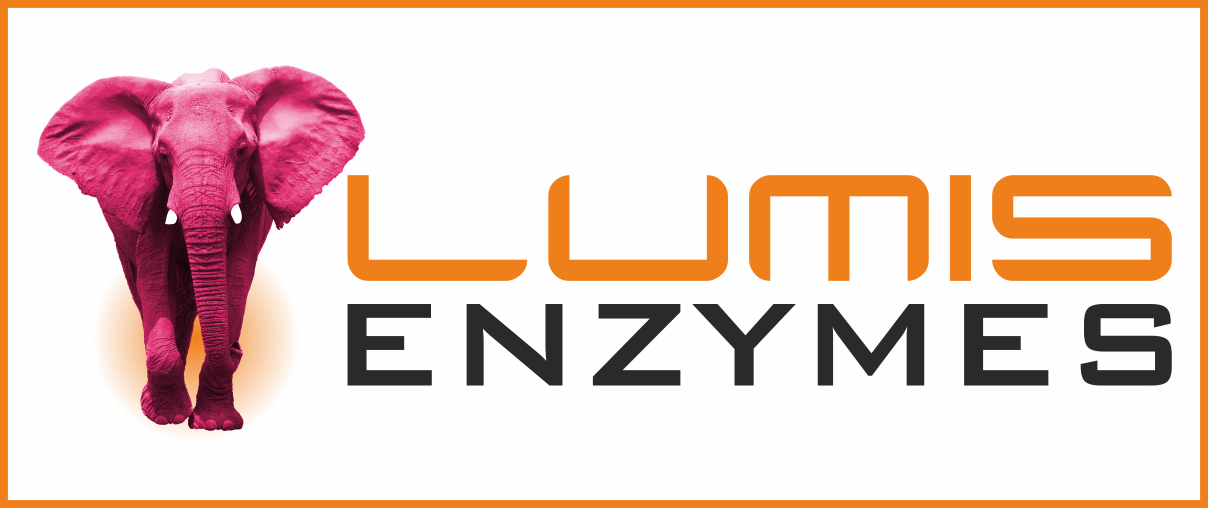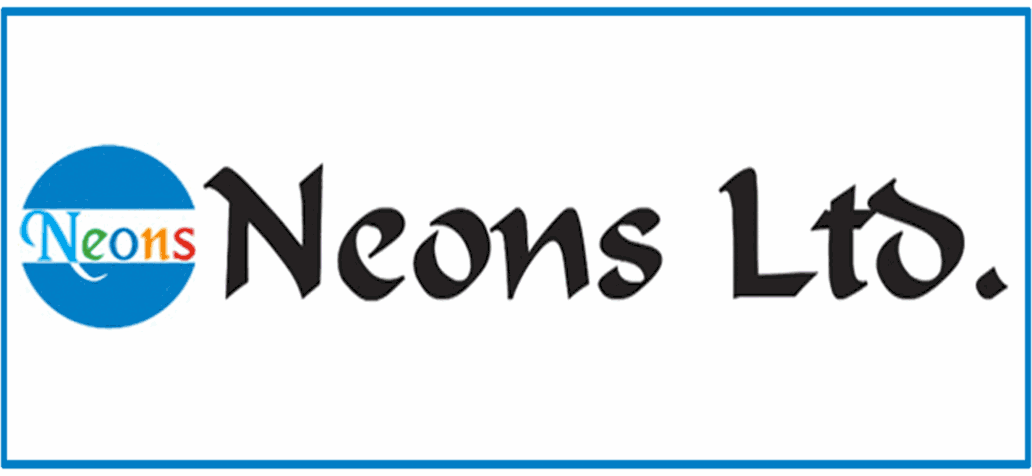
The new solutions aim to help growers maximize crop production and optimize their use of resources, thus minimizing the impact on the environment / Starting with synergetic digital offerings for horticulture, the two companies aim to combine strengths in agronomy, irrigation, digital platforms and data modeling to benefit growers
Agrilife24.com:Orbia’s Precision Agriculture business Netafim and Bayer announced today an expansion of their strategic collaboration, starting with new digital farming solutions for fruit and vegetable growers. By simplifying primary data collection and delivering a system that can generate tailored recommendations from that data, the new solutions aim to help growers maximize crop production and optimize their use of resources, thus minimizing the impact on the environment.
While adoption of digital tools has increased in recent years, those currently available in horticulture are not addressing growers' needs holistically. Many vegetable and fruit growers experience challenges when switching between multiple software applications, and the siloed nature of today's solutions are adding complexity to daily activities, rather than simplifying them. As part of the companies' expanded collaboration, Bayer has developed a new digital platform called HortiView to simplify primary data collection and sharing for the cultivation of fruits and vegetables, enabling growers to benefit from an ecosystem of connected agronomic services that support data-driven decisions and market access.
At the same time, Orbia Netafim has developed irrigation insights to be available through HortiView's platform. Rather than a one-size-fits-all approach, these tailored irrigation recommendations are generated uniquely for each grower, based on the primary data they provide in HortiView. The collaboration will also expand to include connectivity to GrowSphere™, Orbia Netafim's all-in-one irrigation operating system, which features optimized irrigation, crop protection, and fertigation applications.
"Digital technology offers tremendous value in horticulture, but those digital tools rarely work together, and it's been extremely difficult for growers to use their own data in data models that can help them optimize crop production use," said Chris Pienaar, Fruit & Vegetable Digital New Value Lead for Bayer's Crop Science division. "Bayer and Orbia Netafim can address these pain points and provide growers with a platform that can generate tailored recommendations specific to their unique environments, cultivation practices, and crops."
A small group of grower advisors are currently using the new solutions and providing feedback to inform broader availability in the future. By combining their respective strengths, Orbia Netafim and Bayer aim to benefit horticultural customers with insights powered by primary data, helping them optimize decision-making, maximize crop production, save on agricultural inputs, and drive operational efficiency.
The expanded collaboration builds on a longstanding relationship between Orbia Netafim and Bayer, with a history of successful collaboration on various activities including the Better Life Farming initiative, a crop protection solution for U.S. almond growers and joint projects to support the EU’s Farm2Fork initiative.
On top of their long history and most recent efforts to serve fruit and vegetable growers through digital solutions, Bayer and Orbia Netafim will continue to explore how they can work together to drive better digital connectivity across all types of agriculture and connected value chains.
Ofer Oveed, SVP Technology and Crops, Orbia Precision Agriculture (Netafim) added: “Acting at the forefront of our respective agricultural fields in irrigation, crop protection, agronomy, and digital platforms, we’re delighted to be collaborating with Bayer on combining our agronomic and technological expertise to maximize efforts and help farmers globally tackle today’s challenges, from climate change to rising input costs. By leading the digital farming revolution together, we can deliver food security through sustainable agriculture.”























